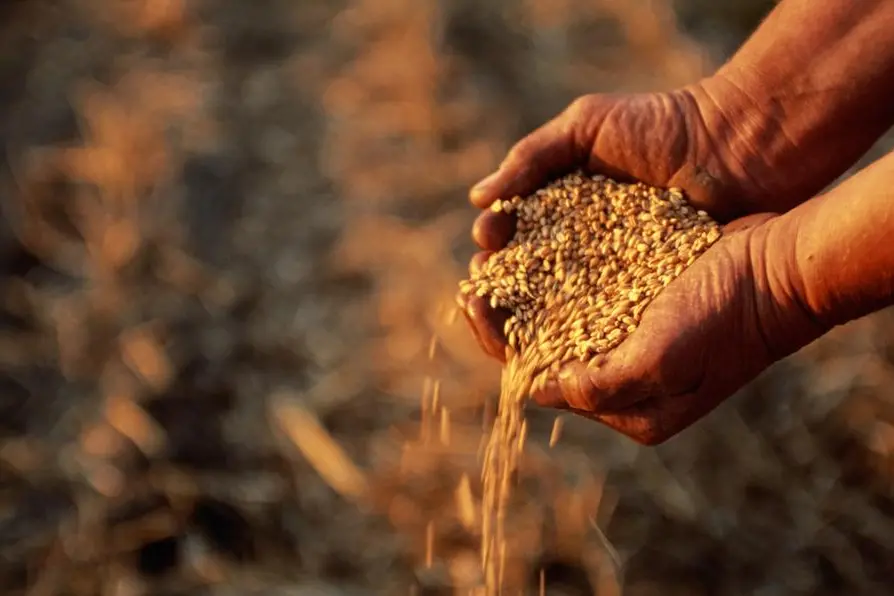PHOTO
When Saudi Arabia’s Fourth Milling Company (MC4) lists its shares on Riyadh’s Tadawul exchange today following its recent IPO, both the issuer and the investor will watch nervously to see if the stock shares the same fate as that of other mill operators.
The four mills, which were first privatised in 2021 by the kingdom’s National Center for Privatization and PPP (NCP) and the Saudi Grains Organization (SAGO), were taken public over the past two years by their owners.
Arabian Mills, or the Second Milling Company (MC2), raised $271 million in an IPO in September. Its shares closed below the issue price of SAR 66 ($17.60) after hitting an intra-day high of SAR 72.60. On Monday, they closed at SAR 60.40 per share.
First Milling Company (MC1) listed in June 2023 at the issue price of SAR 60 and posted more than 50% returns within one month. On Monday, the closing price was SAR 66.60 and the stock is down 11% year-to-date.
In February, Modern Mills, formerly Third Milling Company (MC3), raised $314.6 million, pricing its shares at the top of the range at SAR 48. Despite an initial spurt, the stock last closed at SAR 45.30.
In all, the Saudi millers’ share prices have declined by almost 6% to 11% year-to-date.
Given stock attractive valuations and the potential for steady growth in the kingdom’s population that should drive demand for flour and other milled products, analysts believe there is no fundamental reason for the stocks’ poor performance.
So, what is spooking the investors?
Kunal Doshi, Head of Research the Riyadh-based GIB Capital, who closely follows the three listed mills, said investors’ concerns centre around the possible removal of subsidy by the government when the current subsidy arrangement expires in July 2025.
Currently, Saudi milling companies are provided subsidised wheat at a fixed price of SAR 180/ton by General Food Security Authority (GFSA) and they are mandated to sell flour at SAR500/ton (for large 45kg bags).
“However, this arrangement will end on July 12, 2025, and three possible scenarios could play out: 1) the government will continue the current subsidy arrangement, 2) will partially and gradually lift the subsidy, and 3) remove the subsidy completely. The uncertainty around the arrangement is what is worrying the investors,” said Doshi.
In a price scenario analysis, Doshi said that if, for example, the wheat procurement price was to rise from SAR180/ton now to SAR300/ton, and assuming 5% impact on volume, Arabian Mills, working on a base case gross margin of approximately 46% could see this fall to about 35%, hitting profitabilty.
In the retail-driven Saudi equity market, profit-booking after the usual 30% jump in stock value on day one of listing is the norm. This practice also helps drive subscriptions for IPOs.
Liquidating positions
“However, in the case of the milling companies, the investors started liquidating their position on the listing day or within next few days--and stayed away--because they don't want to hold the stocks given that there is uncertainty surrounding the subsidy.”
They might return to the stocks once there is clarity on the issue of subsidy, he added.
Even the retail subscriptions to MC4 seemed tepid, merely 4 times oversubscribed (of the 20% retail portion), compared with Modern Mills and MC1 that saw 22x and 10x (of the 10% retail portion) respectively.
“Given that the demand is probably lower than the other previous milling companies and if you consider the recent performances of Arabian Mills listing plus the concern or uncertainty surrounding this subsidy, it’s probable we might see limited listing gain for MC4 or, even possibly, a flat listing,” said Doshi.
So the question is whether the Saudi government will end wheat subsidy. Food security and its affordability across the low-income strata of the society remain a sensitive issue in the Middle East. Memories of the bread riots amid the Arab Spring protests more than a decade ago continue to haunt governments making them loath to consider subsidy-scrapping as a go-to policy measure.
James Swanston, Emerging Markets Economist at the London-based consultancy Capital Economics, doubts Saudi Arabia’s wheat subsidy will be cut.
“I would expect that the wheat subsidy would remain in place as it comes as a small cost to the government, equal to around 0.4% of GDP, and past form has shown the government has tended to curb spending on capital expenditure, rather than current spending on things like subsidies to ensure the population is not hit harder.”
“If there were to be a subsidy cut, it would be likely to fall on the local fuel subsidies that are more costly and with global oil prices falling, there may be less of a reason to shelter citizens from the increase in fuel prices that was seen in 2022.”
(Reporting by Brinda Darasha; editing by Seban Scaria)




















